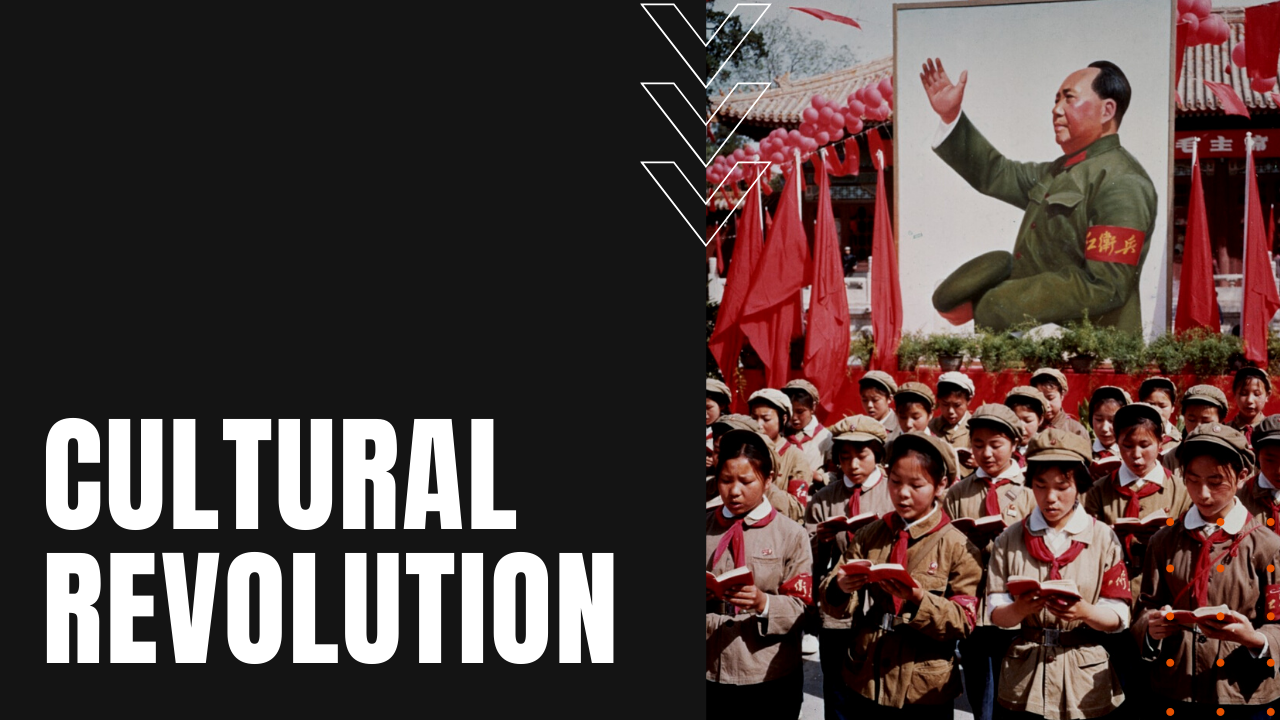Cultural Revolution in China

Convinced that Chinese Communist leaders had strayed badly from the revolutionary spirit that had led to victory in the civil war of 1945 to 1949 when nearly two decades later, Communist leader Mao Zedong called upon the nation’s youth to purge the “impure” and “bourgeoisie” elements in Chinese society.
Why Did Mao Start the Cultural Revolution?
Mao’s own power base in government had weakened badly after his “Great Leap Forward” campaign from 1958 to 1960, prompting Mao, his wife Jiang Qing and defense minister Lin Biao to attack party officials in a thinly-veiled attempt to reassert Mao’s authority over China.
After shutting down the nation’s education system, Mao called for the youth of China to mobilize into paramilitary groups that took party leaders to task for their embrace of bourgeois values and lagging revolutionary spirit. Known as Red Guards, Chinese youth harassed the elderly and intellectuals alike, creating a personality cult around Mao, who urged his young followers to rid the nation of the “Four Olds,” which he defined as “Old customs, old culture, old habits and old ideas. Sitting party president Liu Shaoqi and other Communist leaders were removed from power, many of whom were beaten and imprisoned inhumanely, leading to Liu’s death in 1969.
Red Guards and Cultural Chaos
As different factions of Red Guards vied for power, by September of 1967, many Chinese cities were thrust into states of anarchy, prompting Mao to call in the army to restore order amidst the rising chaos. By 1968, the Cultural Revolution began a steady decline after Lin and Mao forced many Red Guard city dwellers into rural areas, which in turn saw industrial output plummet by 12% from its pre-revolutionary high in 1966.
The Cultural Revolution continued in various forms until Mao’s death in 1976, taking the lives of some 1.5 million people, while many millions more suffered imprisonment, confiscating of property, torture and widespread humiliation. Ironic as it may seem, Mao’s own attack on the party he created would eventually morph China into a nation of pseudo-capitalists, producing a result diametrically opposite to what Mao originally intended, making the Cultural Revolution a failed wrong turn for one of the largest nations on earth.
